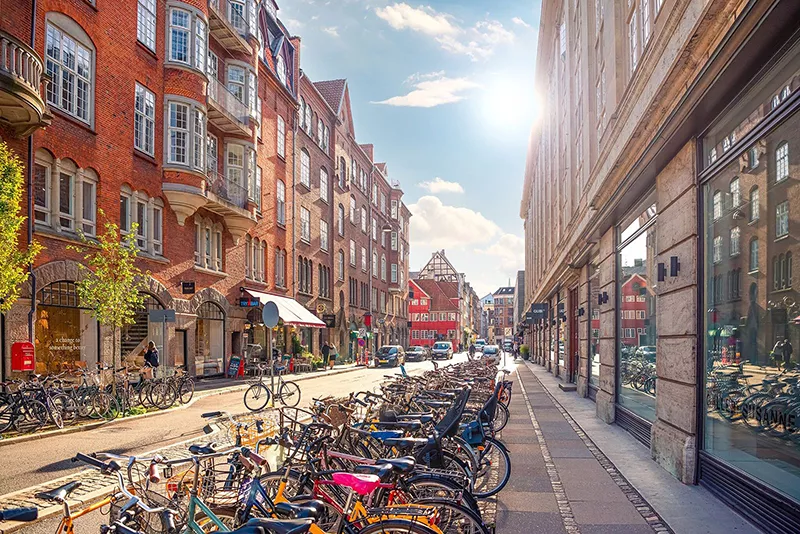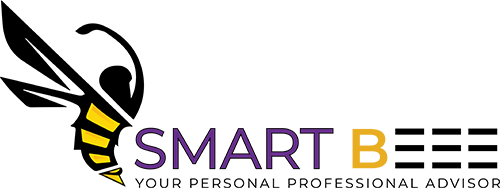Why Denmark?

Denmark is an expensive country – but the standard of living is also among the highest in the world.
However, if you are sensible and follow local habits and economise – such as cycling to university and eating at home – life in Denmark shouldn’t blow your budget.
In terms of living expenses then these will depend on your lifestyle and habits. But to give you an idea of average monthly expenses here is a rough budget:
Price examples
- Purchase of second-hand bicycle: 250 – 1,000 DKK
- Cinema ticket: 95 DKK
- Dining out: 200 DKK
- Nightclub entrance: 0 – 100 DKK
- Beer or a soft drink at a bar/café: 30 – 50 DKK
- Beer or a soft drink from the supermarket: 5 – 15 DKK
- Coffee at a café: 30 – 50 DKK
Based on user reports the site numbeo.com also holds useful information for comparison between living expenses for individual countries. Bear in mind the validity is heavily dependent on the amount of users reporting, and when the figures were last updated.
The Danish currency
The Danish currency is called kroner (DKK)
- 1 krone is divided into 100 øre
- 1 euro is approximately 7.5 kroner
- 1 US dollar is approximately 6.5 kroner
- 1 UK pound sterling is approximately 10 kroner
Check currency converter
In Denmark, almost 50% of students use bikes to get to their university, while 30% use public transport. A monthly public transport pass for the bus, metro or train amounts to 40 – 50 EUR/month.
Denmark, and particularly Copenhagen, are the heaven of bikes, presumably outnumbering people. So you can always rent a bike and enjoy cycling through the city.
- You will spend some money on books and other study materials, usually between 30 – 65 EUR/month.
- On average, for social activities, students spend between 120 and 175 EUR/month.
- If you register for an international youth travel card, you can get major discounts to visit sights around Denmark.
- If you’re a non-EU/EEA citizen and don’t register with the Danish Civil Registration System, you might have to pay for health insurance. Besides medical costs, there might be other things you would want your insurance to cover. Learn more about international student insurance for students studying in Denmark.
You can also use the Numbeo website to check out other prices and costs in Denmark.
|
TYPE |
APPROXIMATE COST OF LIVING PER MONTH |
|
Rent |
Varies from 3000-5,000 DKK (utilities are usually included) |
|
Insurance |
Approximately 200 DKK |
|
TV licence |
100 DKK |
|
Books and supplies |
250-500 DKK |
|
Mobile phone |
150 DKK (internet, around 250 DKK, may be included in your rent) |
|
Food |
1,500-2,000 DKK |
|
Transport |
300 DKK |
|
Other personal expenses |
1,000 DKK |


